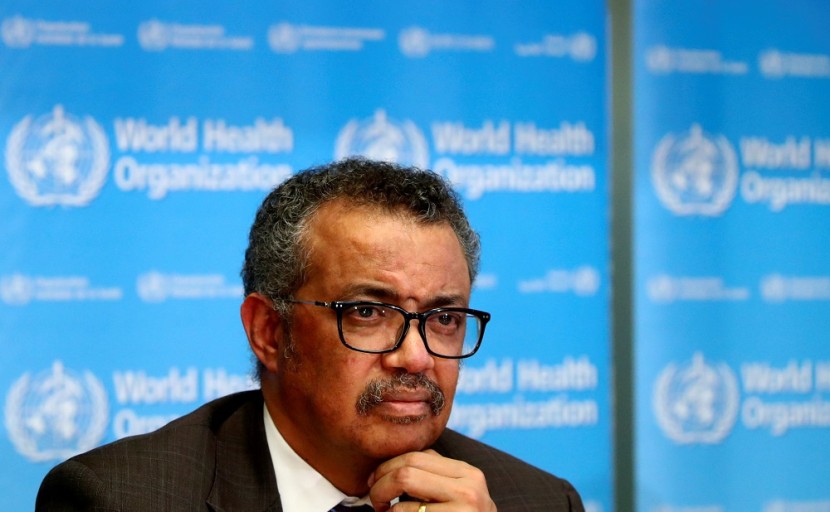
The World Health Organization (WHO) head Tedros Adhanom Ghebreyesus on Wednesday will recommence the trial of hydroxychloroquine, a possible cure for COVID-19. The testing underwent suspension because health concerns surfaced.
A short time after the postponement of the experimental drug COVID-19 drug hydroxychloroquine's clinical trial, WHO said and has recommended the trial to resume as established and has assessed the safety data.
The director-general Tedros remarked on Wednesday that their organization's committee for overseeing the global trial had now assessed all mortality information regarding hydroxychloroquine, Jagran reported.
The reasoning behind the United Nations body to temporarily suspend the massive study of the anti-malarial drug as coronavirus treatment was due to an alarming rise in fatality rates and irregular heartbeats among patients.
WHO reportedly resumed the study on the drug on June 3.
People were temporarily ceased for enrollment in the trial. This is part of a massive study entitled Solidarity that is exploring numerous varying potential novel coronavirus therapies, taking account of hydroxychloroquine's unfavorable impact on the heart. This followed a Lancet study being published on May 22 with over 96,000 participants and detected that the drug was not able to execute guaranteed survival among coronavirus patients.
Other observational studies, which are much like the Lancet study, had not discovered any apparent impact of the drug. The Lancet study gave rise to further concerns because it resulted in the drug being connected to higher mortality, according to Stat.
Grave interrogation about the study was posed by scientists globally and The Guardian. There were discrepancies in information underscored and questions posed about the way the study acquired information from 96,000 patients in numerous hospitals. Large-scale hospitals repudiated being associated with the database run by a company named Surgisphere.
According to Ghebreyesus, their experts recommended the resume of all trials with hydroxychloroquine included and whose highest-profile backer is American President Donald Trump.
"The executive group will communicate with the principal investigators in the trial about resuming the hydroxychloroquine arm of the trial," he announced in an online media briefing alluding to WHO's goal to establish clinical tests of possible coronavirus treatments on around 3,500 patients in 35 nations.
He also said that he was "especially worried" of the pandemic in South and Central America, where the virus has become rapidly prevalent.
Noted by Ghebreyesus, the deliberation was regarded as a precautionary measure amid the review of the safety data.
"Last week, the executive group of the Solidarity Trial decided to implement a temporary pause of the hydroxychloroquine arm of the trial, because of concerns raised about the safety of the drug," he said of their earlier undertaking.
WHO officials were concerned about the current scenario in Latin America and Haiti, one of the poorest nations across the globe, with cases of the virus increasing.
Three million people cases of infections have been registered in the Americas.
A known risk factor of the drug is that patients are wont to possibly developing heart rhythm abnormalities than people who have taken the medication.
Hydroxychloroquine is currently permitted in the United States and other nations as a malaria treatment alongside specific autoimmune disorders including lupus and rheumatoid arthritis.
Related Article : COVID-19 Does Not Spread Easily From Contaminated Surfaces or Animals
© 2026 HNGN, All rights reserved. Do not reproduce without permission.








